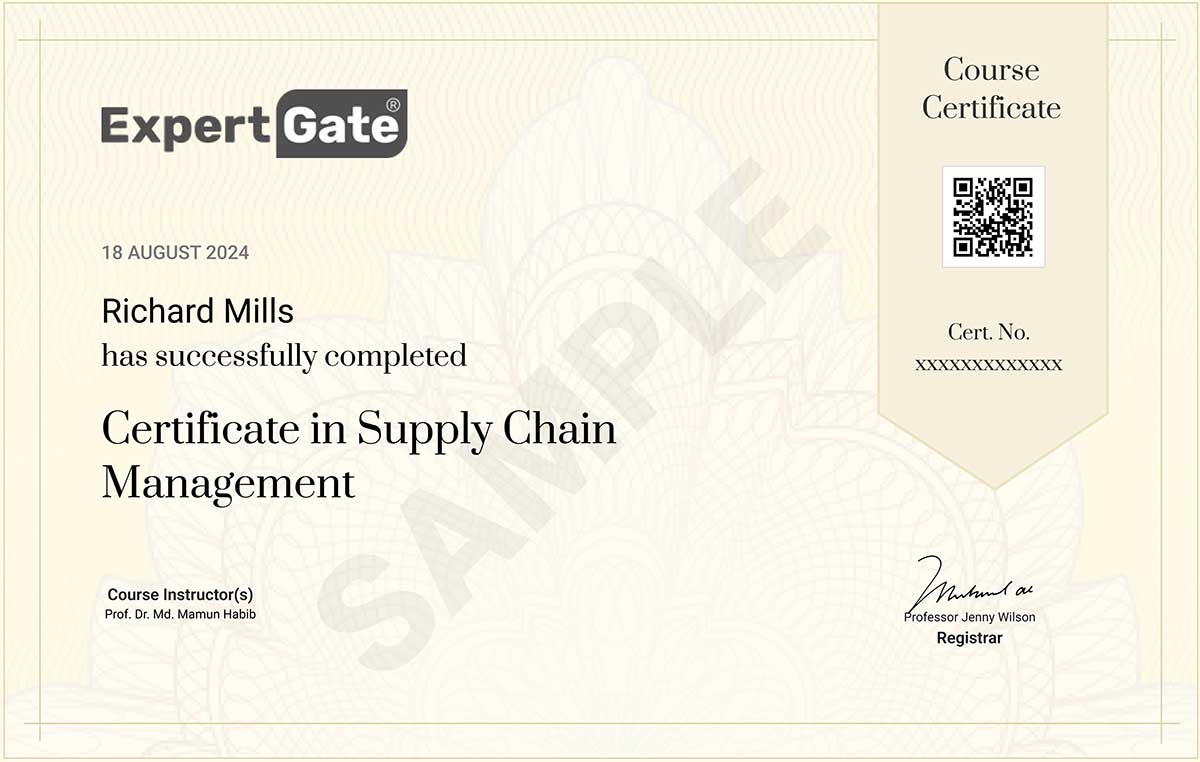Foundation of University Learning and Teaching Program

Overview
This course will help you navigate the evolving education landscape and equip you with the skills and knowledge to create an inclusive, supportive, and dynamic learning environment for all students, regardless of their background or learning needs.
Instructors
Outcomes
- Identify and address complex learning issues or challenges relevant to broader sector goals and specific institutional, school, and disciplinary priorities.
- Evaluate learning theories best suited to discipline-specific learning and teaching, ensuring a deeper understanding of how to apply theory to practice in their field effectively.
- Develop, justify, and evaluate innovative solutions to teaching and learning challenges, leveraging evidence-based scholarship to create impactful strategies.
- Integrate student-centered and inclusive teaching strategies, ensuring that teaching practices are accessible, equitable, and engaging for all students, regardless of their background or learning needs.
- Demonstrate reflective teaching expertise, utilising reflective practices to assess and improve teaching effectiveness and student learning outcomes.
- Understand and incorporate the Advance HE Professional Standards Framework (PSF 2023) into your teaching practices to maintain high academic standards and enhance professional teaching development.
- Develop a Continuous Professional Development (CPD) plan to identify areas for further growth and advancement in your teaching practices and stay at the forefront of educational development.
Structure
On the first day, we'll dive into the core principles of course design, showing how to effectively align your learning objectives, course content, and assessments. You'll focus on creating clear, measurable learning outcomes and developing course materials that are inclusive and accessible for all students. We’ll also guide you through designing a course outline and curriculum specific to your subject area, ensuring it’s engaging and tailored to the diverse needs of your learners. Through interactive discussions and practical examples, you’ll start shaping a student-centered learning environment that encourages student engagement and success.
On Day 2, we’ll cover different types of assessments – including formative, summative, and authentic assessments – and how to design them so they align with your learning outcomes. You’ll explore strategies for providing feedback that is meaningful, timely, and constructive to help students succeed. We’ll also look at how to create a range of assessments suited to your subject and learning environment. By the end of the day, you'll have a toolkit for designing assessments and feedback strategies that not only evaluate student performance but also enhance their learning experience.
On the final day, we’ll focus on reflective teaching and how this practice can help you continuously improve your teaching. You’ll be introduced to methods and tools for reflective practice that will support your ongoing development. We’ll also help you create a personal Continuous Professional Development (CPD) plan so you can continue refining your teaching skills long after the course ends. Through reflective exercises and goal setting, you’ll leave with a clear plan to ensure your professional growth and enhance your teaching practice in the future.
Learning Assessment
Assessment
Create a detailed course outline for a hypothetical university course that integrates student-centered learning principles. The course should include clear and measurable learning outcomes, a structured syllabus, and an alignment of content, activities, and assessments. The course can be in any discipline or subject area of your choice.
Key Elements to Include:
- Course title and description
- 3-5 measurable learning outcomes (SMART goals)
- Weekly or session-by-session breakdown of course topics and activities
- Assessment methods (formative and summative)
- Resources required (e.g., readings, technology, guest speakers)
Assessment Design and Feedback Strategy (50%)
Design one formative and one summative assessment that aligns with your course outline (from Part 1). For each assessment, provide detailed instructions for students and an evaluation rubric. Additionally, create a strategy for providing meaningful and timely feedback for each assessment.
- Detailed instructions for the formative assessment (e.g., quiz, project, group activity)
- Detailed instructions for the summative assessment (e.g., final paper, exam, presentation)
- Evaluation rubrics or criteria for each assessment
- A feedback strategy (how, when, and what feedback will be given to students)
Target Audience
This course is for anyone who wants to develop a deeper understanding of best practices in university teaching, build stronger relationships with students, and create more dynamic, student-centered learning environments, regardless of their specific discipline or teaching format (face-to-face, online, or hybrid). In particular, the following educators who want to enhance their teaching practices and create more inclusive and engaging learning environments would benefit the most.
Recommended Resources
Upon registration, participants will gain access to a wide range of resources on the Learning Management System (LMS), which will support their learning throughout the course. Additionally. all resources can be downloaded for future reference and used for ongoing professional development beyond the course.The resources include:
Certificates

